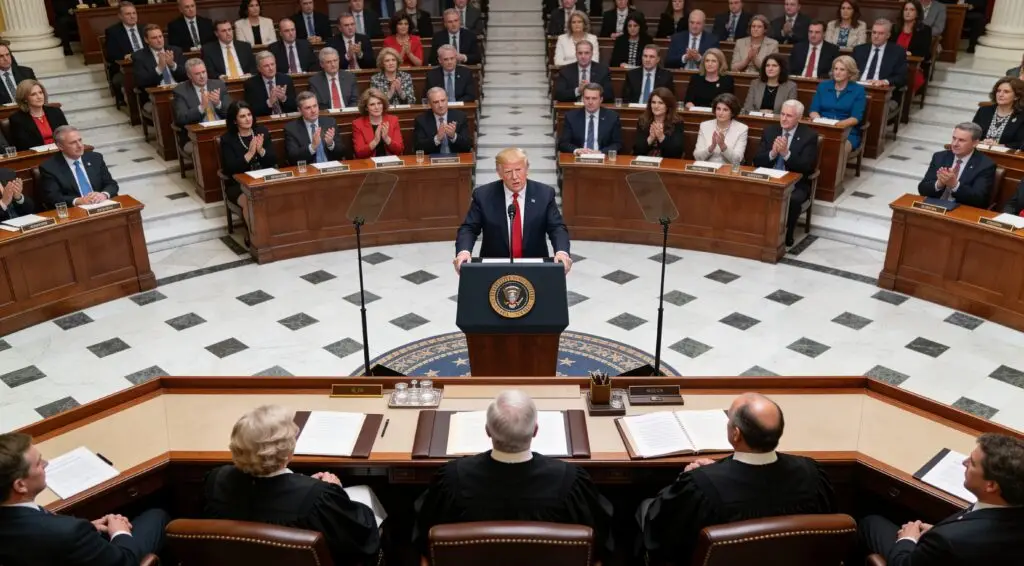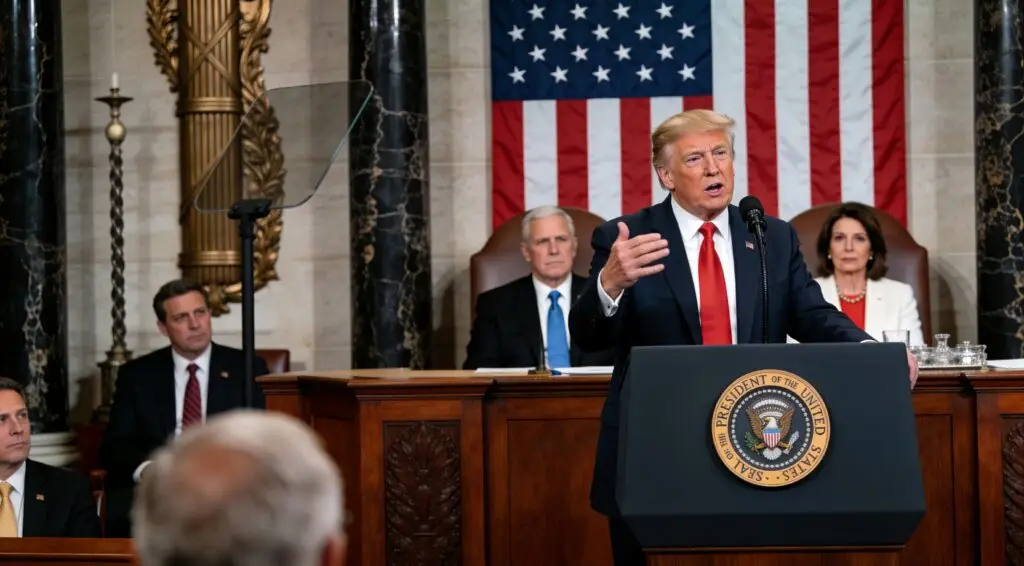The US government is attempting to dismantle Cambodia’s Huione Group, a notorious financial network in Southeast Asia, to prevent laundered money from fueling cybercrime and hacking sponsored by states. The Treasury Department’s Financial Crimes Enforcement Network proposed a ruling that would block any US financial institution from opening or operating accounts for Huione or its subsidiaries.
This action is part of a broader effort to stop international money laundering, which uses cryptocurrency and other payment systems to defraud, attack, and illegally trade. The group is accused of laundering profit from scams and hacks linked to criminal cartels and North Korea’s government-sponsored cyber hacking.
The Crime Payment Hub: Everything You Need to Know About Huione Group.
As bizarre as it sounds, cyber actors like the DPRK (North Korea) and other crime syndicates have used Huione Group’s Marketplace as a method to directly steal billions of dollars from American citizens. Scott Bessent, the US Treasury Secretary, stated, “Today’s action will disconnect Huione from correspondent banking, crippling the group’s ability to acquire banking services for laundering criminal proceeds.”
FinCEN highlighted a remarkable business structure that Huione controls that comes under little or no regulation. The companies under Huione Group include Huione Pay, a fiat payment platform, and Huione Crypto, which deals with virtual asset transactions, and Haowang Guarantee, all of which provide illegal goods and services.Huione Group contains entities that aid North Korean hackers in almost anything from online fake investment scams, often nicknamed ‘pig butchering,’ to comprehensive cyber stealing.
FinCEN Huione Investigation Noses Billions in Fraud Issues
Huione Group conducted over 4 billion dollars of suspicious activities from August 2021 to January 2025. Fraudulent activities covered a variety of domains and cyber attacks related to North Korea accounted for a minimum of 37 million dollars, cryptocurrency investment deceit accounted for 36 million dollars, and other online deception added up to roughly 300 million dollars, all contributing to colossal sums of billions.
The group’s reach and capabilities make it a uniquely dangerous actor, U.S. officials say. Unlike small-scale money launderers or isolated scam networks, Huione appears to function as a full-service financial infrastructure for the criminal underworld. FinCEN found that Huobi even issued its own stablecoin to streamline and obscure financial transactions within its network.
This sophisticated structure allows cybercriminals and fraud rings to move money quickly and anonymously, often beyond the reach of national enforcement agencies.
No Oversight
Regardless of managing billions worth of digital transactions, Huione Group is still under fire for not taking the most basic financial compliance measures. FinCEN reported that Huione entities did not have any visible anti-money laundering (AML) regulations; in fact, they operated without KYC policies, which are standard to any legitimate financial institution.
This gaping lack of regulation gave Huione the freedom to perform transactions with minimal supervision, such as one where the group unwittingly obtained funds associated with a North Korean cyberattack. The lack of anonymity has caused investigators to compare Huione to well-known darknet marketplaces like Silk Road, which operated with near-complete anonymity and were ultimately dismantled by international law enforcement.
Officials have voiced alarming worries with Huione’s model as it mixes traditional financing, digital currencies, and high-tech deception transnationally, marking an evolution in the laundering techniques used by rampant criminal networks.
Global Signal
The Biden administration is proposing a ban on Huione, a cryptocurrency exchange, from U.S. bank services. This move aims to curb the growing link between cybercrime and illicit financing, and to warn other companies that aid in fraud. The ban aims to shut off Huione from the global financial system and reduce its ability to assist other regimes, such as North Korea.
While enforcement is still under discussion, the implications have already solidified Washington rules. The ongoing digital economy and Huione’s expansion could potentially undermine the global fight against financial crime in the cryptocurrency sector. Enforcement is still up for discussion.















